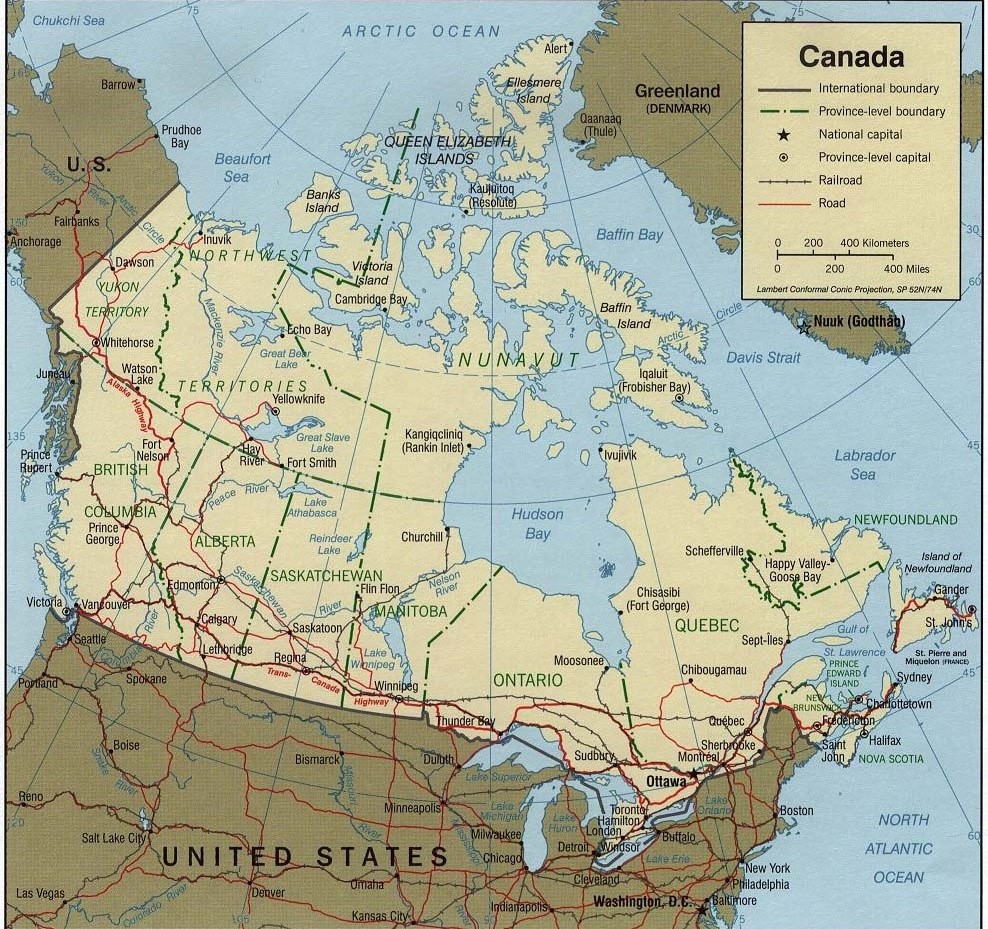Climate change has contributed significantly to record heat waves this summer in Canada, particularly in the Arctic, where temperatures have reached 35 degrees Celsius, the Canadian Environment Ministry said on Friday.
Of the 37 most important heat waves studied by federal climatologists this summer, three-quarters were "much more" likely to occur because of global warming, the ministry reported.
Four were "considerably" more likely to occur.
In other words, because of global warming, these heat waves were at least ten times more likely to occur.
Temperatures were warmer than normal almost everywhere in Canada during the summer, Nathan Gillett, a researcher at the Ministry of the Environment said, pointing out that this was the fourth hottest summer on record.
Over the past 77 years, summer temperatures have warmed by an average of 1.7 degrees Celsius nationally, and the main cause of this warming has been human-induced climate change, according to Gillett.
The Canadian Arctic was hardest hit, with a heatwave lasting 25 days without interruption between September and October in the Qikiqtaaluk region of Nunavut, Canada's northernmost territory.
Further west, in the Northwest Territories, the town of Inuvik, on the shores of the Arctic Ocean, saw a record high of 35 degrees Celsius in early August.
‘This is an example of the impact of climate change on the North and it's really worrying," commented Gillett, pointing out that communities are not adapted to this kind of temperature.
According to data gathered by the ministry, such a heatwave would have been "extremely unlikely" during the pre-industrial era.
On average, Canada is warming twice as much as the rest of the world. In the Arctic, temperatures are rising three times faster. Spring and summer are becoming warmer, leading to earlier snowmelt, more dangerous heat waves and more favourable conditions for forest fires, federal experts point out.
These extreme events, which are supposed to happen "once every 100 years," are occurring more frequently, and are becoming more severe and costly, the federal government notes.
The summer of 2024 was the hottest ever measured on the planet, where record-breaking temperatures have continued unabated for more than a year, with their trail of heatwaves, droughts and deadly floods fuelled by relentless global warming.

